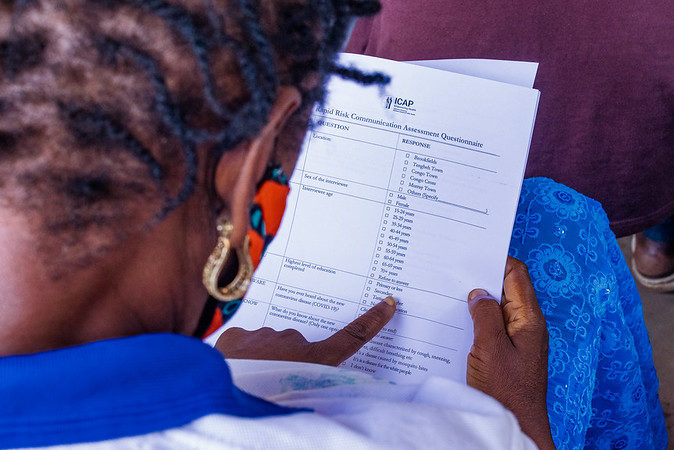António Júnior,Janeth Dula, Sérgio Mahumane, Olivier Koole, Sónia Enosse, Joseph Nelson Siewe Fodjo, and Robert Colebunders
MDPI Journal (2021)
doi: https://doi.org/10.3390/ijerph18031091
Abstract
We assessed adherence to government recommendations implemented shortly after the introduction of COVID-19 in Mozambique in March 2020, through two online cross-sectional surveys in April and June 2020. We quantified adherence to preventive measures by a composite score comprising of five measures: physical distancing, face mask use, hand hygiene, cough hygiene, and avoidance of touching the face. 3770 and 1115 persons participated in the first and second round respectively. Wearing face masks, regular handwashing and cough hygiene all reached compliance rates of over 90% while physical distancing and avoiding to touch the face reached a compliance rate of 80–90%. A multivariable model investigating factors associated with adherence found that being older, more educated, and belonging to the healthcare sector increased the odds for higher adherence. Private workers and retired people, respondents receiving COVID-19 information through social media, and those who reported flu-like symptoms were less likely to adhere. 6% of respondents reported flu-like symptoms which aligned with the WHO clinical definition of COVID-19, suggesting low level community transmission. In conclusion, most respondents in this online survey in Mozambique complied well with strategies to prevent COVID-19. Whether the good preventive behaviour explains the low grade COVID-19 transmission requires further study.








